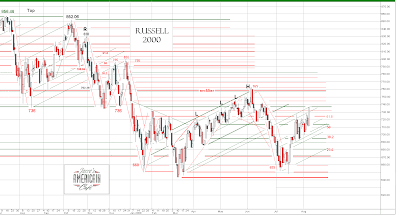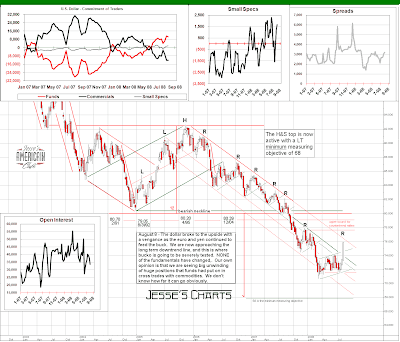"Give me the money that has been spent in war and I will clothe every man, woman, and child in an attire of which kings and queens will be proud. I will build a schoolhouse in every valley over the whole earth. I will crown every hillside with a place of worship consecrated to peace." Charles Sumner
 The spark for the start of the first World War was the assassination of Archduke Ferdinand in Serbia, although the friction amongst the great colonial empires provided the fuel. One of the precursors to the second World War was the Spanish Civil war in which the fascists and the republicans engaged in some preliminary exercises, although it was the German incursion into Poland that unleashed the dogs of war.
The spark for the start of the first World War was the assassination of Archduke Ferdinand in Serbia, although the friction amongst the great colonial empires provided the fuel. One of the precursors to the second World War was the Spanish Civil war in which the fascists and the republicans engaged in some preliminary exercises, although it was the German incursion into Poland that unleashed the dogs of war.In all these instances the large multinational bankers were actively supporting both sides. It is a shocking fact that both British and American banks continued to do business with the Nazis even after the War was well underway. Banking with Hitler - BBC War can be surprisingly good for business, especially if natural resources are on the table, and big money often knows no sides. From an economic point of view, war is just another means of impoverishing the many in order to enrich the few.
The Russians contend that Georgia has provoked this conflict. Georgia is an ally of the United States, and has been seeking NATO membership, although that has been deferred by a Europe not seeking to provoke Russia. It is the largest contributor of troops to Iraq after Britain. Israel is said by Debka.com to be supporting the Georgians with military advisers.
This incursion was interestingly timed with the start of the Olympics. This appears to be a tactical strike designed by someone to change the profile and balance of the oil resources and pipelines in the region. It would be incredible to assume that Georgia had not informed the US of its intentions beforehand, considering we have troops based there, although anything is possible with regard to who fired first. This may be 'blowback' from a Russia that has been increasingly pressured by the US. On the other hand it may be a last provocation from the neo-cons and Bushco. The 'fog of war' is descending rapidly.
Watch this one closely for signs of escalation and spillover, and any impact on the oil markets. We cannot illuminate the good from the bad, the provacateurs from the responders. But we can see trouble, and this on has heavy implications for oil.Sometimes tactical actions can get out of hand and gain momentum.
Timeline of the Georgian - Ossetian - Russian Tensions
"In war the first casualty is the truth." Aeschylus

"When the rich wage war it is the poor who die." Jean-Paul Sartre

"War hath no fury like a noncombatant." Charles Montague

"Every gun that is made, every warship launched, every rocket fired signifies in the final sense, a theft from those who hunger and are not fed, those who are cold and are not clothed. This world in arms is not spending money alone. It is spending the sweat of its laborers, the genius of its scientists, the hopes of its children. This is not a way of life at all in any true sense. Under the clouds of war, it is humanity hanging on a cross of iron." General Dwight Eisenhower

"Battle not with monsters lest ye become one; for when you look into the Abyss, the Abyss looks into you." Friedrich Nietzsche

"Throughout history, it has been the inaction of those who could have acted; the indifference of those who should have known better; the silence of the voice of justice when it mattered most; that has made it possible for evil to triumph." Haile Selasssie
How fortunate for leaders that men do not think. Adolf Hitler






































